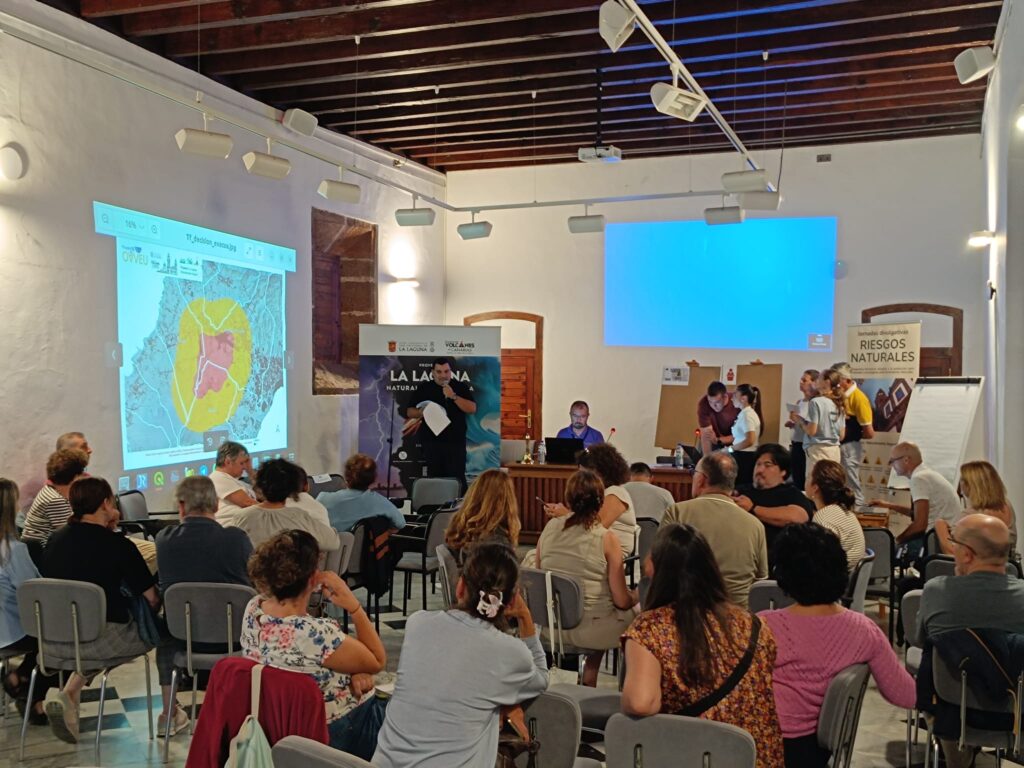SANTA CRUZ DE TENERIFE, Nov. 24 (EUROPA PRESS) –
Cáritas Diocesana de Canarias has verified the significant increase of 54% of very young women, between 19 and 24 years old and many of Canarian origin, who are prostituted and often recruited through their personal profiles on social networks.
The organization points out that through their digital profiles they propose attractive plans with which they try to attract them for applicants with high purchasing power, a system that is “especially effective” in young women who lack a protection network.
For Cáritas Diocesana de Canarias, the lack of a protection network generates vulnerability in women due to the absence of emotional support that prevents situations of exposure to sexual exploitation, especially in younger women.
It also means “helplessness” in case of financial need, as in the case of young people recently released from juvenile centers, with a disorganized family situation and institutional helplessness once they reach the age of majority, collects a note from Cáritas.
Cáritas has also verified a resurgence of violence against women in the context of prostitution, a violence that goes beyond the specific sphere of prostitution and that also moves to other spheres where women experience situations of hidden violence.
The use of violence by pimps and people involved in the sexual exploitation network differs depending on the means of coercion.
From the debt system that ties women to the prostitution system, to the use of ‘juju1’ (in the case of Nigerian women) in order to subdue them under the threat of death, they or their relatives if they fail to pay the debt. debt supposedly derived from travel expenses and payment to pimps that is usually around 50,000 euros for Nigerian women.
Likewise, there is a violation of the right to housing when they live under a system of places that forces them to stay in the same places where they are sexually exploited, often submitting to the conditions imposed in these places so as not to end up on the streets and being in constant geographical mobility.
“This does not allow them to establish roots in a home or be able to register,” says Cáritas, which stresses the problems in trying to rent a home due to the stigma of practicing prostitution or the numerous requirements that are demanded of them.
“MEDICATED OR EMOTIONALLY ANESTHETIZED”
Violence also affects the right to health and especially mental health, which is deeply affected, with depression and post-traumatic stress disorder to the point that many find themselves “medicated or emotionally anesthetized” to be able to continue assuming this situation.
Cáritas also warns that the use of webcams to expose women to sexual practices has become widespread as a result of the confinement.
The more general profile of prostitution attends to foreign women in an irregular administrative situation, coming mainly from non-EU countries such as Colombia, Venezuela and Nigeria while they come from Europe from Romania.
Faced with this generalized violence, Cáritas also denounces that
civil society acts “with indifference” and, at the institutional level, violence is shown in the denial of rights and in unequal and discriminatory treatment.
















